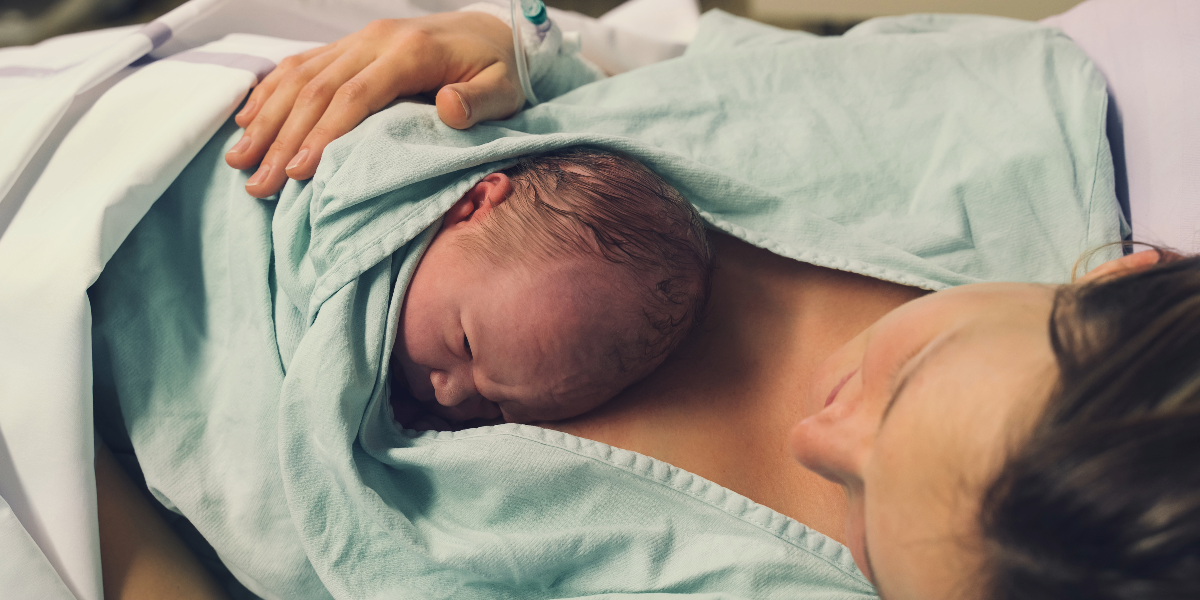Adam Marshall has made alarming claims about a ‘crisis’ of local women not being able to give birth at their local hospital, but both statistics and the Hunter New England Health District say that’s not right.
Last week in Parliament Member for Northern Tablelands, Adam Marshall, put a motion on the notice paper calling for the Government to “save obstetric services in the Inverell, Glen Innes and Armidale Hospitals, before they disappear for good”.
“There is an almost complete and regular absence of obstetric services in the Inverell, Glen Innes and Armidale Hospitals,” Mr Marshall claimed.
“It’s clear this situation is getting increasingly worse – it is alarming and disturbing to think that basic healthcare for pregnant women and expectant mothers is so lacking.”
“This means that often, especially on weekends, expecting women and their families have no option other than driving to Tamworth – this is not good enough and is downright dangerous.”
Facts don’t support Marshall’s claims
Mr Marshall said around 600 babies were born, on average, each year across the Northern Tablelands and “it was extraordinary to think there is very limited obstetrics cover.”
411 babies have been born in Armidale this year, an additional 173 have been born in Inverell. There has been no notable increase in patient transfers for birth, with just a small fraction needing to be transferred to Tamworth or Newcastle.
Hunter New England Health District Executive Director, Rural and Regional Health Services, Susan Heyman, said that none of the local birthing centres have been downgraded at all, all the equipment and tools are at the Armidale, Inverell and Glen Innes hospitals, and women are not regularly required to travel to Tamworth. There is a broad shortage of obstetricians, GP obstetricians, and midwives, and the New England is not immune to this, but even fully staffed there would still be occasions when patients need to be transferred to give birth.
“More and more rural services are struggling to provide obstetric services, but they are very important services, and important that they are provided as close as possible to home.”
“We have women at higher risk: even with a fully functional and staffed birthing unit, they would still need to be transferred.”
“Multiple births, gestational diabetes, issues in previous pregnancies, there are all kinds of situations where a higher grade of birthing unit is required.”
“Women regularly birth in Armidale and Inverell, and safety of mum and bub is the main factor on which a decision to transport to Tamworth or John Hunter is made,” she said.
Where and how to birth an intensely personal decision
Ms Heyman said that the level of birthing unit determines what can be done there.
“Inverell, for example, is a lower level unit, higher risk births cannot be done there.”
“Some babies you want to be delivered in a specialist facility like John Hunter with all the bells and whistles, neo-natal specialists and other very specialised care.”
“Clearly, places like Inverell and Gunnedah are not going to have all those extra services.”
The decision on where and how to give birth is also an intensely personal one, with each mum and bub being assessed individually, taking into account factors such as preference, mental health, parents’ tolerance for risk, past experiences, and weighing up the need for higher level care versus the benefits of being close to home.
“Mums are also people with busy lives, partners, jobs or farms or family commitments, and all that needs to be considered as well as safety of mum and bub in the decision to transfer to a higher level service.”
Ms Heyman said Armidale offers a higher level of obstetric service and runs very well.
“We have an obstetrician on call service, on call anaesthetist and on call midwives.”
“We also have local GP Obstetricians in Armidale that work locally and deliver babies.”
Ms Heyman says they are currently reliant on locums for the obstetric service in Armidale, and are working on recruiting a permanent obstetrician. She conceded that staffing issues can result in patient transfers in rare cases, however, the primary consideration is always safety of mum and bub.
Hope for birthing to return to Glen Innes soon
“We do have an issue in Glen Innes where we have been unable to have women birthing there because we have not been able to recruit midwives,” Ms Heyman said.
“In all situations our preference is to transfer to the nearest hospitals, Armidale and Inverell.”
Babies have not been born in Glen Innes since March due to the lack of staff, however they are optimistic to restart birthing there in the new year as they transition to a Maternity Group Practice model service.
“Maternity Group Practice is a popular model where midwives engage with mothers early in their pregnancy, and support them through to birth and do their post natal care as well.”
“We have six applicants (to work as midwives in the new practice), and a local GP has already agreed to support the new service,” she said.
Constantly advertising both locally and abroad for doctors and nurses, Ms Heyman was also able to reveal that they have just done a recruitment tour to the UK, and an influx of some 60 RNs and midwives are expected to join local health services in the new year as a result of this process.
“We also continue to offer our Rural Retention and Incentive package which is a $5,000-7,000 bonus for working in our region.”
“Where we have vacancies we do use locums which allows the services to continue.”
“The staff we have got are wonderful, highly skilled, and they always prioritise the safety of mum and bub,” Ms Heyman said.
Something going on in your part of the region you think people should know about? Send us a news tip or email newsdesk@netimes.com.au.

